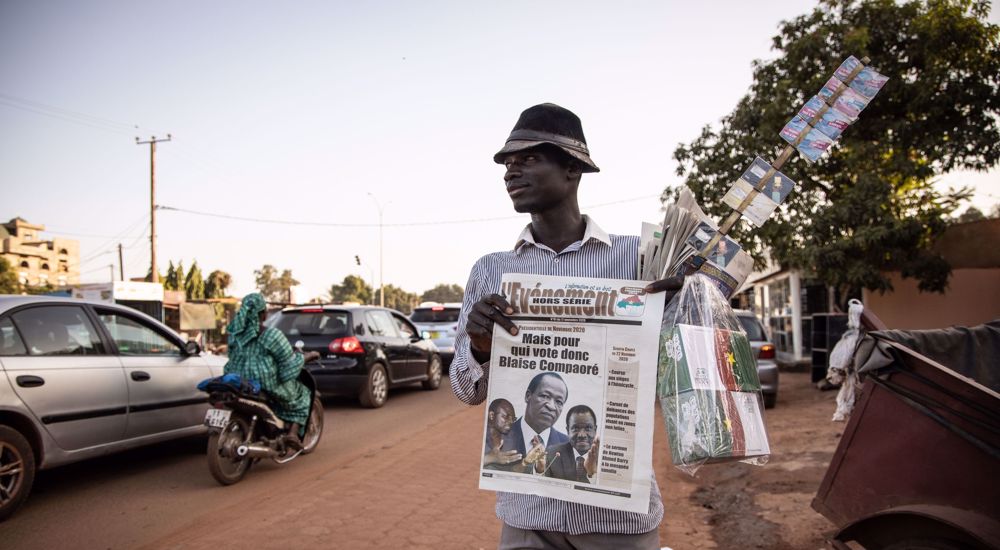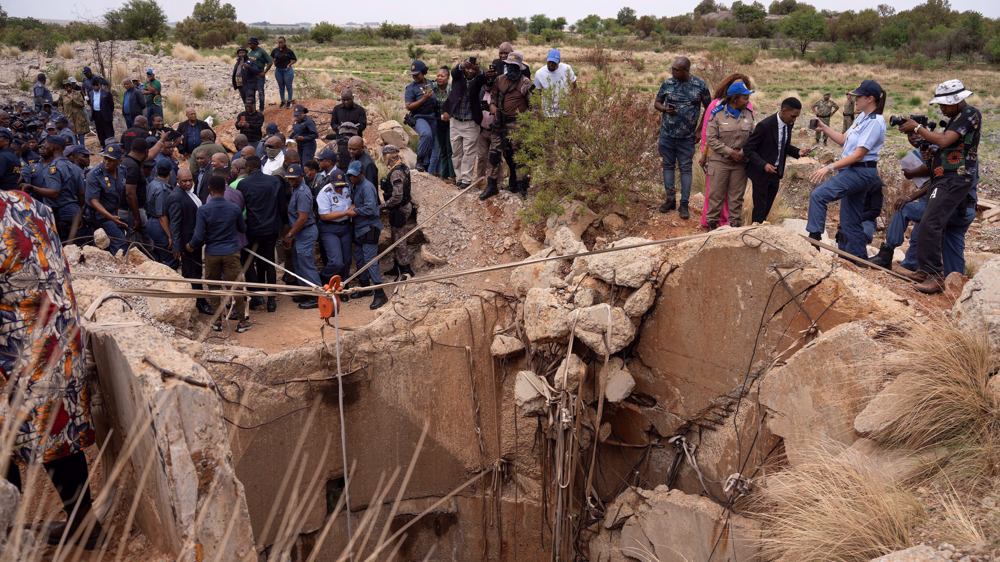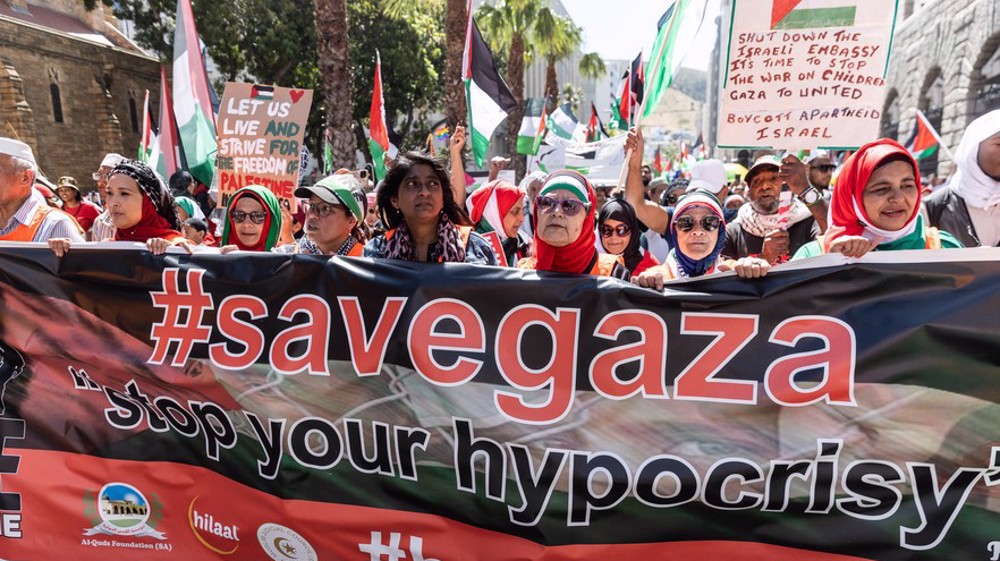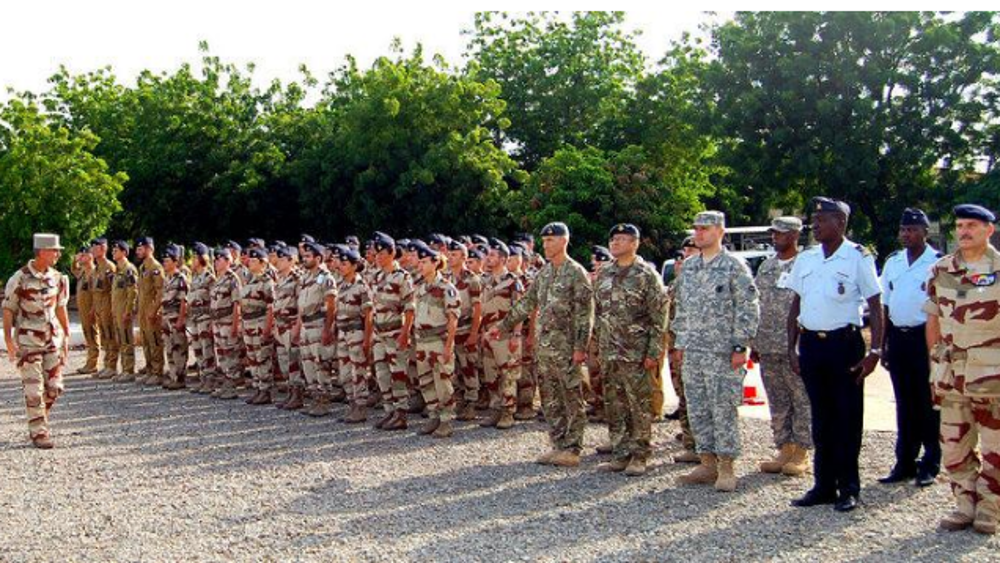Burkina’s exiled former leader looms large over election
Six years after his exile, the shadow of Burkina Faso’s ousted President Blaise Compaore hangs over Sunday’s presidential election, as nostalgia has set in for ‘peace’ in the country which has since been undermined by a grinding militancy.
"At every speech, at every appearance by the candidates, Blaise Compaore's name returns" because many remember his rule as a time when there was "a certain tranquility," said Mahamoudou Savadogo, a specialist in security issues in the Sahel.
The impoverished West African country of some 20 million people is in the fifth year of militant attacks that have claimed more than 1,200 lives and forced a million people from their homes.
The security crisis has dominated the campaign ahead of the vote in which President Roch Marc Christian Kabore, the heavy favorite, has promised "peace and victory for our people".
However his performance during the mounting unrest is under scrutiny. He faces a stiff challenge from Zephirin Diabre, the runner-up in 2015's election, and Eddie Komboigo, a wealthy accountant standing for Compaore's Congress for Democracy and Progress (CDP) party.
Beside the campaign hats and stickers sold in front of Komboigo's headquarters in the capital Ouagadougou, there are shirts with portraits of Compaore, who was ousted in 2014 by a popular uprising after 27 years in power.
"He is always there, he is always looking at the country's affairs with an attentive eye," a CDP activist said with a smile.
"Beau Blaise", as he was nicknamed in his youth, has been living in exile in neighboring Ivory Coast, and his supporters hope for his return.
Since his departure, the dismantling of an elite army unit that staged a botched coup in 2015, and the arrest of General Gilbert Diendere -- Compaore's right-hand man, considered the head of the intelligence services -- Burkina has only fallen deeper into an unprecedented spiral of violence, with whole swathes of the country falling outside the state's control.
National reconciliation
Some in Burkina Faso longingly remember the stability of Compaore's regime -- even if it means forgetting the authoritarian abuses and corruption. It's an emotion shared by some in neighboring Mali when they talk about authoritarian ex-president Moussa Traore or admirers of Jean-Bedel Bokassa, the former president of the Central African Republic who declared himself emperor.
The CDP has made this legacy of stability one of its main campaign slogans.
"Under Blaise Compaore, peace was a reality, happiness was shared," said Salifou Sawadogo, a former minister indicted over the failed 2015 coup, and now a CDP candidate in the legislative election also being held on Sunday.
The opposition parties, including that of candidate Diabre, nearly all advocate a return to grace for the former president, in the name of "national reconciliation".
"The end of his regime was seen as an event that created a social and political divide," Diabre told AFP.
"So it is normal that we talk so much about him during this campaign when we talk about national reconciliation."
‘Life goes on’
A large majority of the Burkinabe political class supported the Compaore regime almost to the end, including President Kabore.
At a rally in Ziniare, Compaore's stronghold 35 kilometers (22 miles) from the capital, Kabore spoke of the fate of his predecessor.
"All those who are outside can return to the country, and those who do not have a problem in court have nothing to fear," the president said.
But "we have to prepare things so that everything is clear to everyone before he returns to his country," Kabore added.
Compaore is being prosecuted by Burkina's judiciary for an "attack on state security" and "assassination" in connection with the death of president Thomas Sankara, who was killed in a coup in 1987, after which Compaore had seized power.
He is also being prosecuted for "homicide" in connection with the repression of the 2014 demonstrations that led to his fall.
Having obtained Ivorian nationality, Compaore cannot be extradited.
Some say it is necessary to forgive everything in order to regain the national unity that Burkina Faso is lacking.
"When we talk about national reconciliation, why are we talking about justice? President Kabore can pardon, and life goes on," said Narcisse Compaore, from a movement campaigning for the return of political exiles to Burkina Faso.
Others aren't so convinced.
"Those who must answer to the law must answer to the law," said Mathias Zigani, 59, a Diabre activist.
(Source: Agencies)
'Capitulation': Israeli officials and media concede Gaza defeat as truce unfolds
'Gaza has won': Social media users react to ceasefire with mix of relief, joy
Iran seeks South Korea’s assistance for AI, fiber-optic projects
VIDEO | Iran's 'Eqtedar' (Power) maneuver
Israel hits HTS military target in Syria for 1st time since fall of Assad
VIDEO | Press TV's news headlines
Israel has slaughtered 13,000 students in Gaza, West Bank
VIDEO | More Zionist than Zionists: Biden’s legacy to be defined by Gaza genocide












 This makes it easy to access the Press TV website
This makes it easy to access the Press TV website